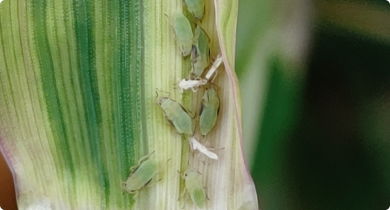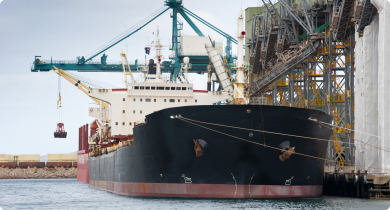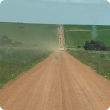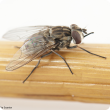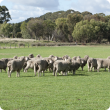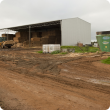Crops
The Department of Primary Industries and Regional Development continues to support the growth and international competitiveness of all crop industries in Western Australia.
With a 2400 kilometre span from its tropical north to its temperate south, WA supports a broad range of cropping industries from rain-fed winter cereals through to irrigated horticultural crops.
In the 2012/13 year the WA cropping industries exported a total of $3.9 billion which comprised: $3.1 billion of cereals, $859 million of pulses, pastures and oilseeds, $142 million of horticultural crops. The major contributors to these exports were wheat ($2.7 billion), canola ($756 million), barley ($377 million), lupins ($42 million), carrots at $48 million, oats ($12 million), and strawberries at $5.5 million.
Articles
Filter by search
Filter by topic
- (-) Remove Pests, weeds & diseases filter Pests, weeds & diseases
- Livestock & animals (6) Apply Livestock & animals filter
- (-) Remove Livestock management filter Livestock management
- Feeding & nutrition (3) Apply Feeding & nutrition filter
- Pests (2) Apply Pests filter
- Pastures (2) Apply Pastures filter
- Weeds (2) Apply Weeds filter
- Pasture management (2) Apply Pasture management filter
- Crop weeds (2) Apply Crop weeds filter
- Grains (2) Apply Grains filter
- Mechanical, physical and cultural (1) Apply Mechanical, physical and cultural filter
- Mites & spiders (1) Apply Mites & spiders filter
- Vegetables (1) Apply Vegetables filter
- Horticulture (1) Apply Horticulture filter
- Pest insects (1) Apply Pest insects filter
- Dry seasons and drought (1) Apply Dry seasons and drought filter
- Climate & weather (1) Apply Climate & weather filter
- Climate, land & water (1) Apply Climate, land & water filter
- Control methods (1) Apply Control methods filter
- Grains research & development (1) Apply Grains research & development filter



